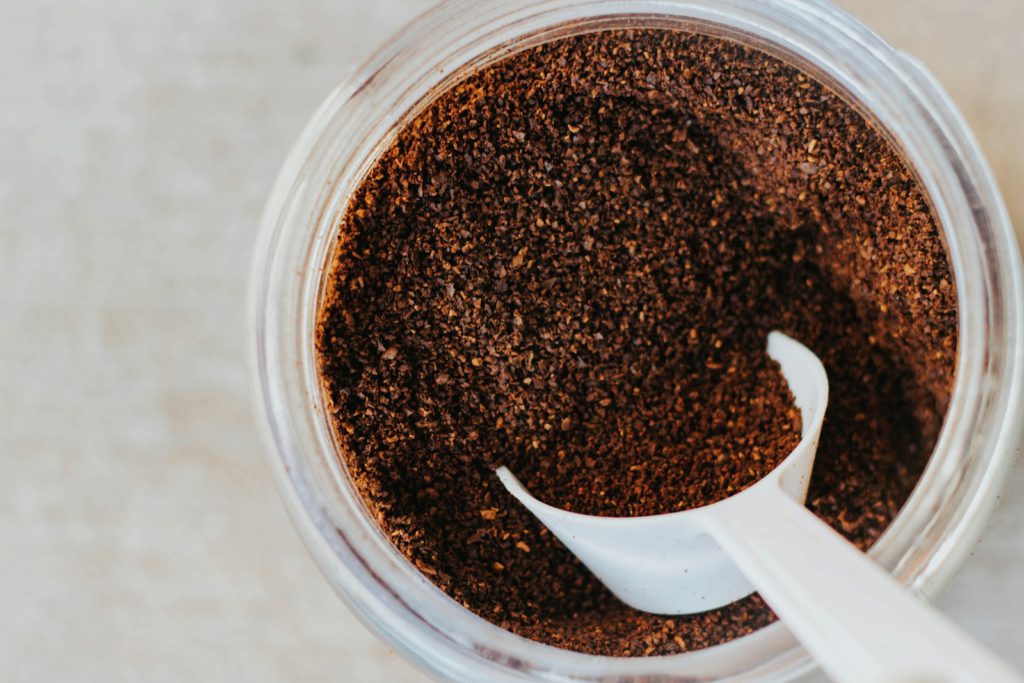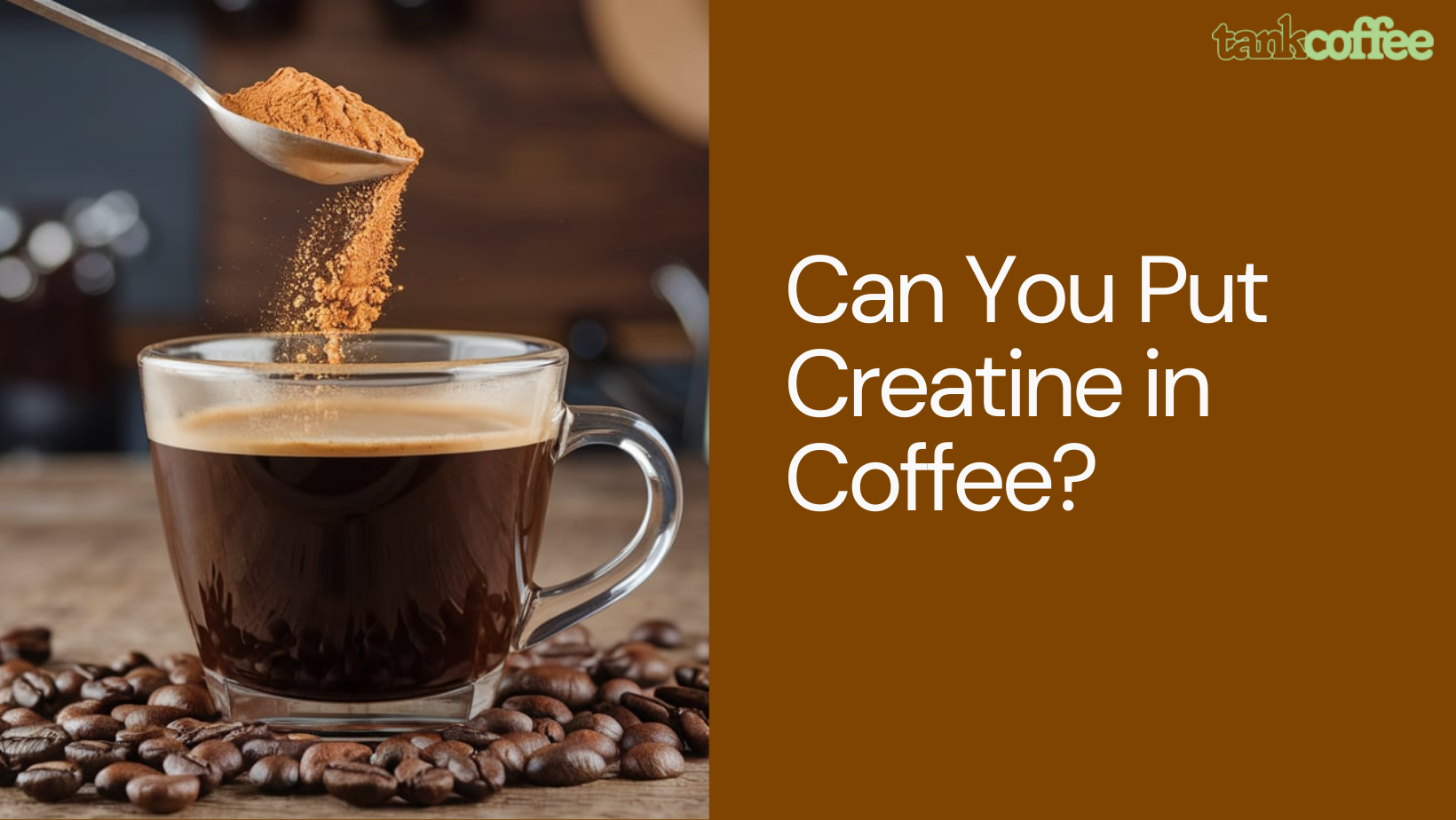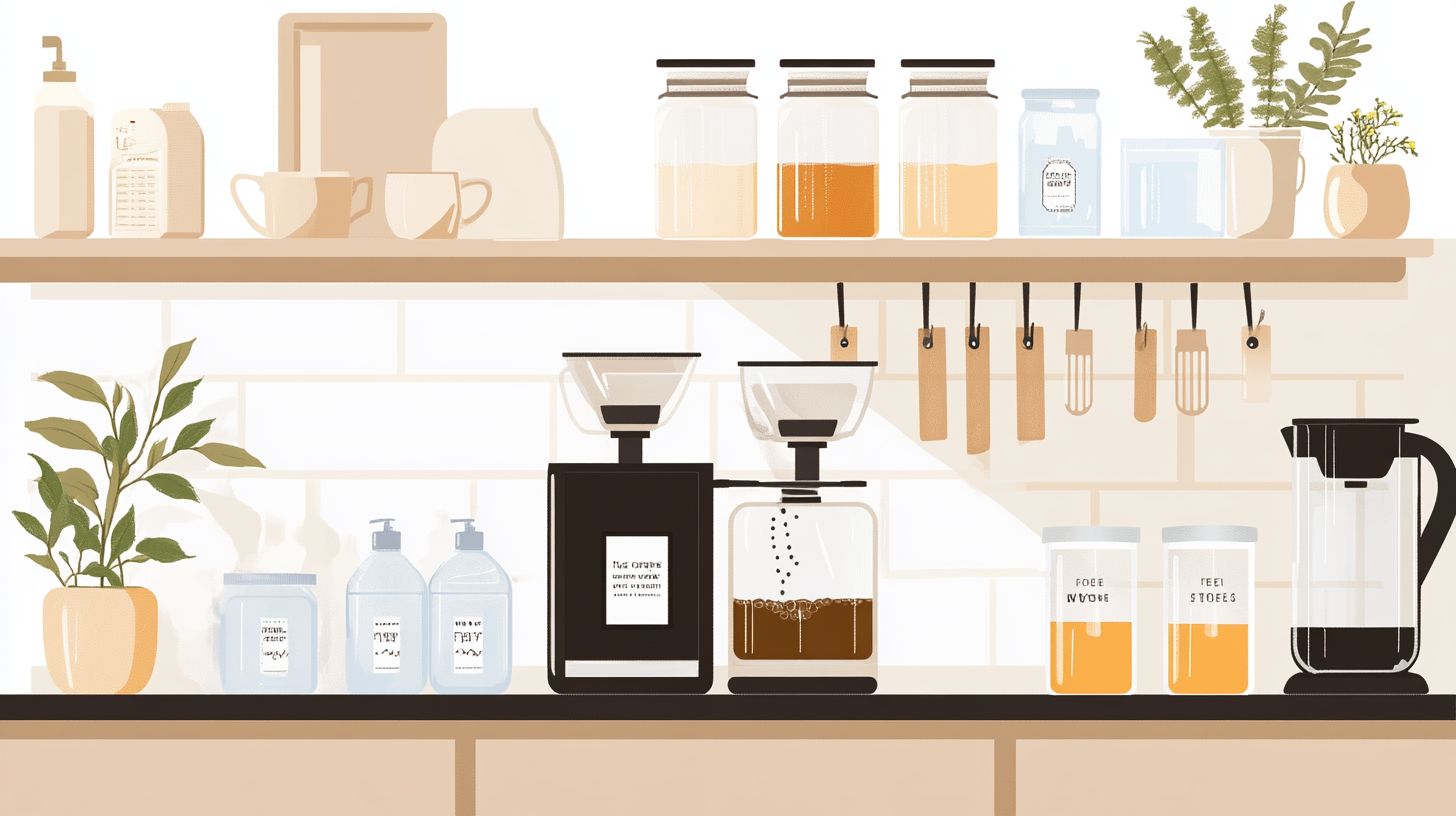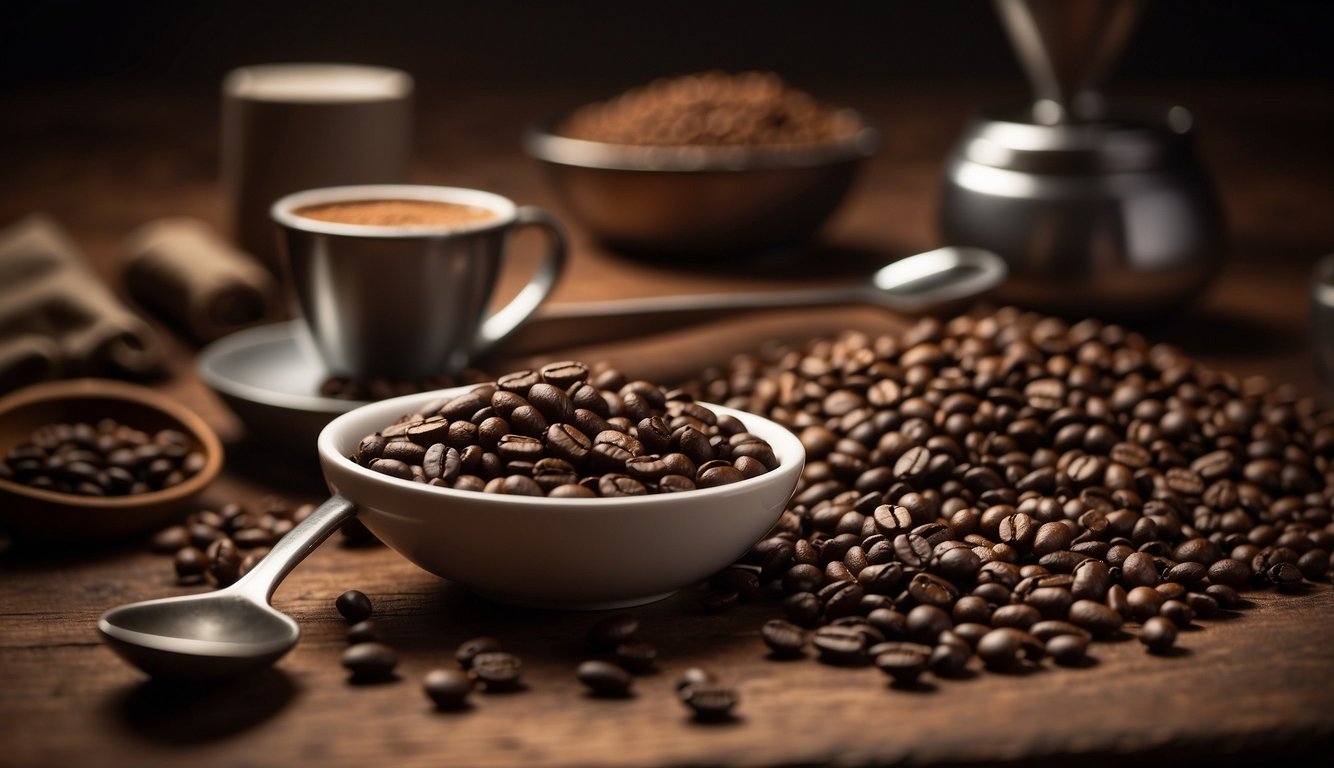Blog
Can You Eat Coffee Grounds?
Can you eat coffee grounds? Yes, you can! Whether you’re curious about the taste or the health benefits, eating coffee grounds is an interesting topic. Coffee grounds can be used in various recipes to improve flavour, from marinades to baked goods. The taste will vary depending on whether the grounds are fresh or spent after brewing.
This article will explore the potential health benefits and risks of consuming coffee grounds. You’ll learn about how they might help manage weight and reduce the risk of diabetes, stroke, and heart disease. But, it’s also important to consider that unfiltered coffee grounds can potentially raise your cholesterol. It’s time to see if adding coffee to your diet is a good idea.
Understanding Coffee Grounds
Eating coffee grounds is possible and has both potential benefits and drawbacks. You can improve flavours in various recipes by using coffee grounds. Let’s dive deeper to understand what coffee grounds are and how they differ from whole coffee beans.
What Are Coffee Grounds?
Coffee grounds are the byproduct of the coffee brewing process. They form when whole coffee beans are ground into a fine powder, facilitating flavour and oil extraction during brewing. The grounds are typically dark brown or black and possess a distinct aroma.
| Term | Description |
|---|---|
| Coffee Grounds | Byproduct of brewing; finely ground particles of brewed coffee beans. |
| Whole Coffee Beans | Unprocessed, intact seeds of the coffee plant; used for roasting and grinding. |
How Are They Different From Whole Coffee Beans?
Whole coffee beans are unprocessed, intact seeds of the coffee plant used for roasting and grinding. They commonly appear green or brown and contain higher moisture content compared to coffee grounds. Whole beans transform into coffee grounds after grinding, which facilitates coffee brewing.
Summarising, coffee grounds are the fine residue from ground coffee beans post-brewing, a key distinction from whole coffee beans.
Safety of Eating Coffee Grounds
You might wonder, can you eat coffee grounds? The answer is yes, eating coffee grounds is generally safe, but it comes with some nuances.
Comparative Analysis: Coffee Grounds Vs. Coffee Beans
Let’s compare coffee grounds to coffee beans. Both contain bioactive compounds like caffeine, chlorogenic acids, and polyphenols. These compounds offer health benefits such as improved metabolic parameters and enhanced gut microbiome. Coffee grounds, known as spent coffee grounds (SCG), have been found to reduce energy consumption in humans and improve metabolic syndrome in rats.
But, coffee grounds and coffee beans differ in form and processing. Coffee beans are unprocessed seeds typically dried, roasted, and brewed to make coffee. They are consumed whole or in the form of chocolate-covered coffee beans. In contrast, coffee grounds are the fine particles left after brewing.
Key Differences
| Aspect | Coffee Grounds (SCG) | Coffee Beans |
|---|---|---|
| Form | Fine particles | Whole, unprocessed seeds |
| Processing | Leftover after brewing | Dried, roasted |
| Consumption | Mixed with food, direct consumption | Brewed into coffee, eaten directly (often chocolate-covered) |
Potential Risks and Side Effects
While eating coffee grounds can provide benefits, there are potential risks and side effects to consider. Excessive caffeine intake can lead to increased anxiety, palpitations, and sleep disturbances. People sensitive to caffeine might struggle with daytime exhaustion if they consume too much, as caffeine affects the neurotransmitter adenosine, which causes drowsiness.
High caffeine intake is also linked to withdrawal symptoms like headaches, nausea, and poor concentration. Pregnant women should be cautious, as excessive caffeine can increase the risk of miscarriage or low birth weight.
| Risk | Description |
|---|---|
| Increased Anxiety | Symptoms such as palpitations and stress |
| Sleep Disturbances | Difficulty falling or staying asleep |
| Withdrawal Symptoms | Headaches, nausea, poor concentration when caffeine is reduced |
| Pregnancy Risks | Increased risk of miscarriage, low birth weight |
Summarising, eating coffee grounds offers some health benefits similar to those of whole coffee beans, but it comes with potential risks, especially for those sensitive to caffeine. Moderation is key to safely enjoy coffee grounds.
Health Implications of Consuming Coffee Grounds
Consuming coffee grounds can offer both health benefits and potential risks. Coffee grounds contain beneficial compounds like antioxidants and caffeine but pose some negative effects as well.
Antioxidant Content in Coffee Grounds
Antioxidants in coffee grounds include caffeic acid. These compounds reduce premature cell ageing and boost collagen levels. Consuming these compounds can protect cells from oxidative stress.
Caffeine Levels: Grounds Vs. Beans
Coffee grounds contain caffeine just like coffee beans. This caffeine can improve memory, alertness, mood, energy, and vigilance. Ingesting coffee grounds might yield similar effects as drinking brewed coffee, but the concentration varies.
| Component | Possible Effects |
|---|---|
| Antioxidants (Caffeic Acid) | Reduces cell ageing, boosts collagen |
| Caffeine | Enhances memory, alertness, mood, energy |
Impact on Digestion and Laxative Effects
Consuming coffee grounds can impact digestion. The caffeine and other compounds can cause stomach upset, heartburn, and increased bowel movements. Excessive consumption might lead to laxative effects, which could be problematic for individuals with conditions like IBD or IBS.
Could Coffee Grounds Raise Blood Cholesterol?
Coffee grounds contain diterpenes such as cafestol and kahweol. These compounds can raise cholesterol levels. Unfiltered coffee tends to have a higher concentration of these diterpenes. Monitoring intake becomes key if you are concerned about cholesterol.
Summarising, incorporating coffee grounds into your diet can provide benefits similar to those from coffee beans. But, it requires mindful consumption to avoid potential side effects, especially for those sensitive to caffeine or with specific health conditions.
Culinary Uses of Coffee Grounds
You can safely eat coffee grounds and even improve various dishes with them. Incorporating used grounds into your cooking not only enriches flavour but also adds nutritional value.
Incorporation Into Meals and Desserts
Coffee grounds provide a rich source of dietary fibre and antioxidants. Consider mixing them into your batters, doughs, or toppings. For example, add spent grounds to your granola mix with oats, nuts, and maple syrup for a delightful breakfast option. Similarly, blending coffee grounds into pancake batter introduces a unique mocha taste alongside added protein.
| Meal/Dessert | How to Use Coffee Grounds |
|---|---|
| Granola | Combine spent coffee grounds, oats, nuts, maple syrup |
| Pancakes | Mix grounds into batter for mocha flavour |
| Cookies | Add grounds to dough for flavour and nutrition |
| Brownies | Integrate espresso grounds for rich, moist texture |
| Cakes | Incorporate grounds for a mocha twist and extra fibre |
Creative Ways to Use Coffee Grounds in Cooking
Explore innovative methods by incorporating coffee grounds as flavour enhancers. A coffee ground rub, for instance, can elevate the taste of meats, tofu, or vegetables. Mix grounds with spices to create a robust, aromatic rub.
- Coffee Ground Rub: Combine coffee grounds with spices to season meats, tofu, or vegetables.
- Coffee Compost Cookies: Blend into cookie dough for a unique, nutritious twist.
- Espresso Ground Brownies: Use leftover espresso grounds for enhanced flavour and texture.
- Coffee Ground Cake: Add spent grounds to your cake mix for a distinctive mocha flavour.
Coffee grounds can transform your culinary creations with minimal effort, making them a versatile ingredient in many recipes.
Other Practical Uses of Coffee Grounds
Coffee grounds, after brewing, aren’t just waste. They have several practical uses around the home and garden that make them quite valuable.
As a Natural Dye
Coffee grounds can dye various materials naturally. Researchers at Iowa State University found they can achieve shades from light to dark brown by boiling coffee grounds in water and applying the dye to fabrics with mordants. The dye process is sustainable and an excellent alternative to chemical dyes. Also, coffee grounds have been tested on a commercial scale, where they demonstrated strong colorfast properties.
Cleaning and Deodorising Agent
Coffee grounds work well as a natural cleaning and deodorising agent. Their abrasive texture removes stubborn grime, and their absorbent nature neutralises odours. Sprinkle coffee grounds on surfaces requiring scrubbing or place them in a container to deodorise areas like the refrigerator or car.
Garden and Compost Applications
Coffee grounds contain several important minerals for plant growth, including nitrogen, calcium, potassium, iron, phosphorus, magnesium, and chromium. These minerals improve soil quality and help absorb heavy metals. Adding coffee grounds to compost piles enriches the compost, fostering healthy plant growth.
Wear gloves when handling dye, cleaning agents, and gardening materials to minimise skin contact.
Conclusion
So there you have it! Coffee grounds aren’t just for brewing your morning cup. They can be a fantastic addition to your diet and even your household routines. Whether you’re looking to boost your meals with a burst of flavour and antioxidants or find a natural way to clean and garden coffee grounds have has all the answers.
Remember moderation is key. Enjoy the benefits without overdoing it especially if you’re sensitive to caffeine. Get creative in the kitchen and explore the many ways coffee grounds can improve your dishes and daily life. Happy experimenting!
Frequently Asked Questions
What are the benefits of eating coffee grounds?
Eating coffee grounds provides an extra dose of antioxidants, which help reduce cell ageing and boost memory and energy. These grounds are particularly rich in beneficial compounds, providing more antioxidants than liquid coffee.
Can you chew coffee grounds like tobacco?
Yes, you can chew coffee grounds and absorb caffeine through the blood vessels in your gums, similar to nicotine absorption with chewing tobacco. This method can offer a quick energy boost without the harmful effects of nicotine.
What deficiency causes coffee cravings?
Coffee cravings often indicate a deficiency in catecholamines, which are hormones produced by the adrenal glands. These include dopamine, epinephrine (adrenaline), and norepinephrine, all crucial for energy and mood regulation.
What are uncooked coffee grounds good for?
Uncooked coffee grounds can be used to fertilise your garden, as they add essential nutrients to the soil. They are also useful in compost, as a natural pest repellent, deodorizer, cleaning scrub, and even as an exfoliant for the skin.
Can you put coffee grounds in your gums?
Yes, placing coffee grounds in your gums allows caffeine to be absorbed through the blood vessels, offering a quick caffeine boost similar to how nicotine is absorbed with chewing tobacco. However, it’s essential to be cautious of the quantity to avoid potential side effects.



